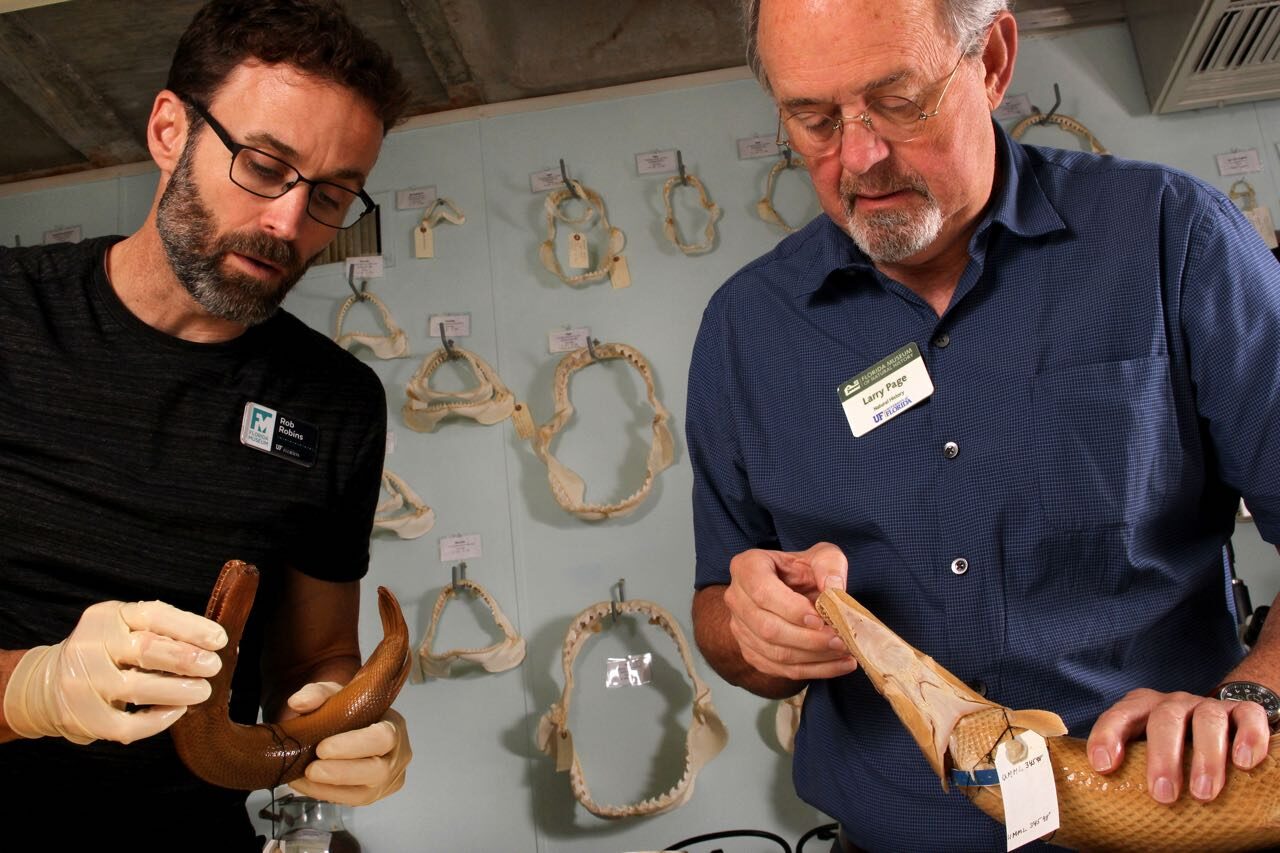Today, scientists briefed Congress, federal agency personnel, and nongovernmental organization representatives about the importance of the nation’s natural science collections. The briefing explored how scientists and natural science collections managers are using new technology to digitize the nation’s natural science collections in an effort to increase access to these irreplaceable resources for research, education, and to inform our understanding and response to complex environmental problems.
Natural science collections are research facilities and infrastructure that house irreplaceable specimens and data. Comprised of genetic, tissue, organism, and environmental samples collected over decades and centuries that constitute a library of Earth’s history, scientific collections are held at national and state museums, university science departments, and at botanical gardens, herbaria, aquaria, and zoos.
“Natural science collections are a necessary part of America’s scientific enterprise,” said Dr. Larry Page, president of the Natural Science Collections Alliance, the organization that sponsored the briefing. “We need to make sure that the information contained in scientific collections is accessible to researchers now and in the future.”
New technologies and techniques make it possible to digitize the valuable information contained in biological collections so that it is available to scientists, educators, and students around the world at the click of a computer mouse. In turn, these data is used in cutting edge research on the significant challenges facing modern society, such as improving human health, informing oil spill response and restoration, and addressing spread of invasive species and pathogens.
Biodiversity scientists have discovered and described 1.9 million species on earth, stated Dr. Mary Liz Jameson. An associate professor of biology at Wichita State University, Jameson said: “This wealth of knowledge increases what we can say about the world. Natural history museums serve as the repositories for the vast biological diversity of the planet. They house centuries of data on the history and composition of global biodiversity, and these data are the foundation for managing our biological resources, assisting in the search for genes and biological products, among so many other things.”
“Digitizing natural history specimens is an important way to preserve our knowledge of Earth’s past and to drive modern research on topics that are relevant to society and policymakers,” stated Dr. Michael A. Mares, director of the Sam Noble Oklahoma Museum of Natural History at the University of Oklahoma. Mares further stated, “These vast resources have been held in trust for the people and are a vital part of America’s natural heritage.”
The presentations from the briefing are available for download by clicking the titles below.
- Dr. Mary Liz Jameson, Associate Professor, Wichita State University
“The Value of Biological Collections to Science, Education, and the Economy†- Dr. Larry Page, President, Natural Science Collections Alliance, Curator of Fishes, Florida Museum of Natural History
“Digitization: Exponentially Increasing Access to Collections Data†- Dr. Michael A. Mares, Director, Sam Noble Oklahoma Museum of Natural History and Professor of Zoology, University of Oklahoma
“Protecting and Using America’s Irreplaceable Resource Now and in the Futureâ€

